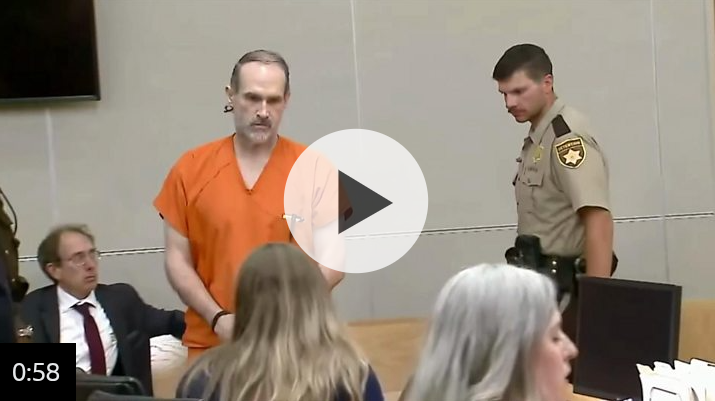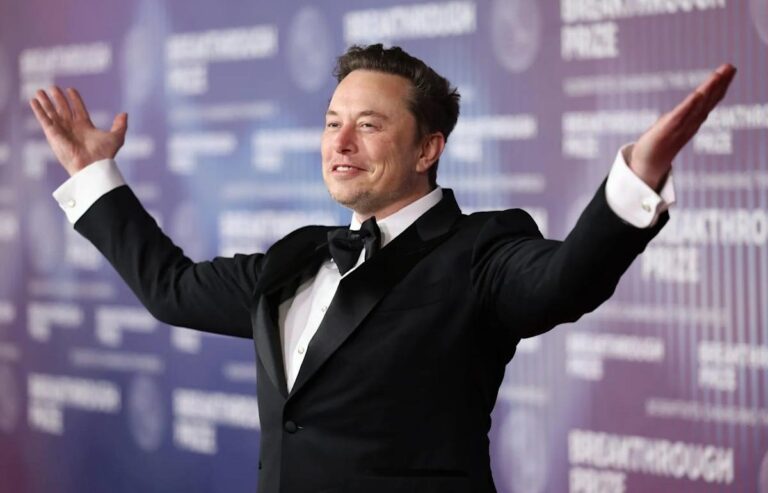
In a move that has sparked both praise and criticism, El Salvador has agreed to house violent criminals from the United States and accept deportees of any nationality. The announcement came from US Secretary of State Marco Rubio after a meeting with Salvadoran President Nayib Bukele. This unprecedented agreement, which aligns with the Trump administration’s strict immigration policies, has raised significant legal and ethical concerns, particularly regarding the potential deportation of US citizens and non-Salvadoran migrants.
Under the deal, El Salvador will continue accepting deported Salvadorans who entered the US illegally. However, the agreement goes much further by also allowing the country to take in foreign criminals currently residing illegally in the US, including members of notorious gangs such as MS-13 and Tren de Aragua. Additionally, President Bukele has offered to house dangerous American criminals—both citizens and legal residents—in El Salvador’s prison system for a fee. This aspect of the deal remains legally contentious, as US law prohibits the deportation of its citizens, raising questions about the feasibility of the plan.
Bukele confirmed the agreement on social media, stating that only convicted criminals, including US citizens, would be housed in the country’s largest prison facility, the Terrorist Confinement Center (CECOT). He emphasized that the financial compensation from the US government would make the Salvadoran prison system self-sustaining. While the move aligns with Bukele’s ongoing crackdown on crime, human rights organizations have condemned the proposal, citing concerns over prison conditions and the lack of due process in El Salvador’s justice system. The US State Department has previously warned that El Salvador’s prisons suffer from overcrowding and poor conditions, posing serious risks to inmates’ health and safety.
Supporters of the deal, including some members of the Trump administration, argue that it is a strategic solution to reduce gang violence in both countries. Business magnate Elon Musk publicly praised the agreement, calling it a “great idea.” However, critics see it as a step toward authoritarianism, with some suggesting it violates international human rights laws. Latino advocacy groups have voiced strong opposition, arguing that the deal disregards the rights of non-criminal migrants and treats them as disposable. Experts also note that sending individuals to a country that is neither their place of origin nor a transit country raises serious legal concerns.
This agreement comes amid a broader immigration crackdown by the Trump administration, which has sought to deport undocumented migrants more aggressively. The deal also echoes a past proposal for a “safe third country” arrangement, where asylum seekers would be sent to El Salvador rather than being processed in the US. While the agreement is still in its early stages, it has already ignited intense debate over its legality, its impact on human rights, and its implications for US-Latin American relations.



